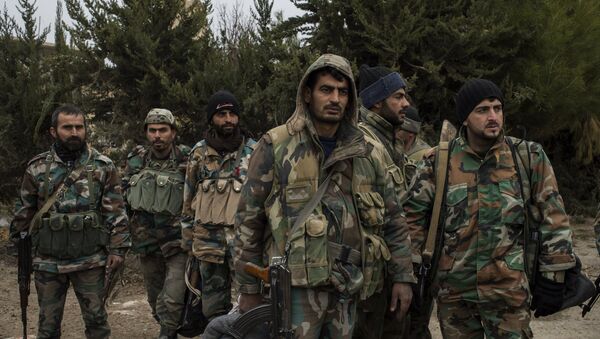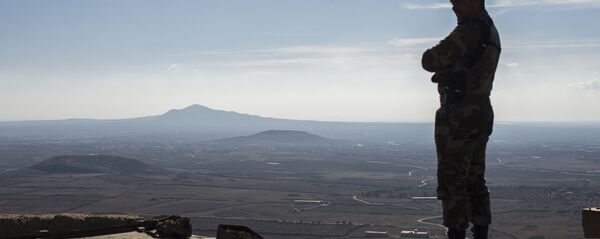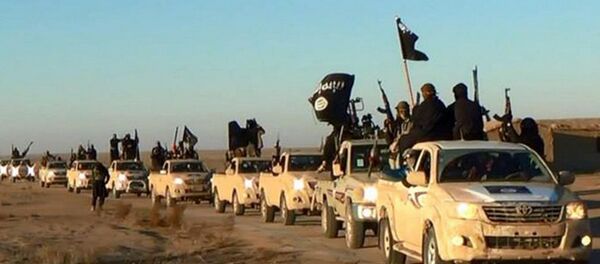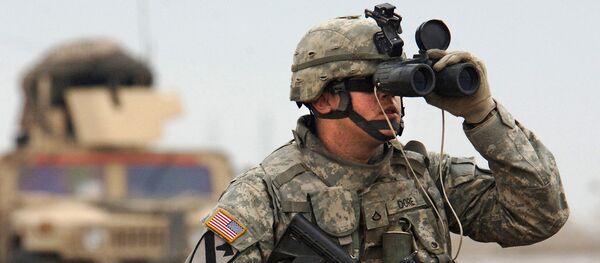Western powers have repeatedly meddled in Middle Eastern affairs, re-shaping the region and toppling undesirable regimes in accordance with their own geopolitical interests.
"It seemed that the West had crossed the 'red line,' tossing aside all norms of human treatment, decency, and civility during the merciless and brutal slaughter of Muammar Gaddafi (the execution of Saddam Hussein was not enough). That was all done just to be able to declare without ceremony the intent to maintain power over this strategically important region of the world, endowed richly with natural resources, while also intimidating and providing at times a fearful lesson to the rest," Popov underscores, commenting on the NATO invasion of Libya in 2011.
"This time, however, new elements were added to the formula. With its allies' assistance, the US began… to use Islamic extremists for its own interests," the diplomat remarks.
He notes that lots of Arabs, Turks, Iranians and other nations of the region believe that Washington and Western European political elites are largely responsible for the crisis in the Middle East.
"…the peoples of this region are paying a heavy price for such policies, since average citizens suffer most of all from terrorist acts: people from Tunisia, Egypt, Turkey, Afghanistan, Pakistan, Syria, Iraq, etc.," he remarks.
As a result, Europe has eventually fallen victim to NATO's irresponsible actions in the Middle East and North Africa. The EU is now at pains to deal with the ongoing refugee crisis, while France has been subjected to repeated terror attacks carried out by Islamists.
"Wandering the globe bombing, invading, and occupying other states, intervening in other nations' political struggles, supporting repressive governments, and killing residents for good or ill inevitably create enemies and blowback. Explanation is not justification," former Special Assistant to President Ronald Reagan and Senior Fellow at the Cato Institute Doug Bandow noted in his November piece for Forbes.
"The recent policies of the US in the region have been labeled irresponsible, even by American political analysts," Popov emphasizes.
According to the Russian diplomat, the darkest hour is just before dawn: the Middle Eastern nations, youths first and foremost, have begun to realize that their future is in their own hands. They should take responsibility for what is going on in the region and select allies and friends more cautiously.




